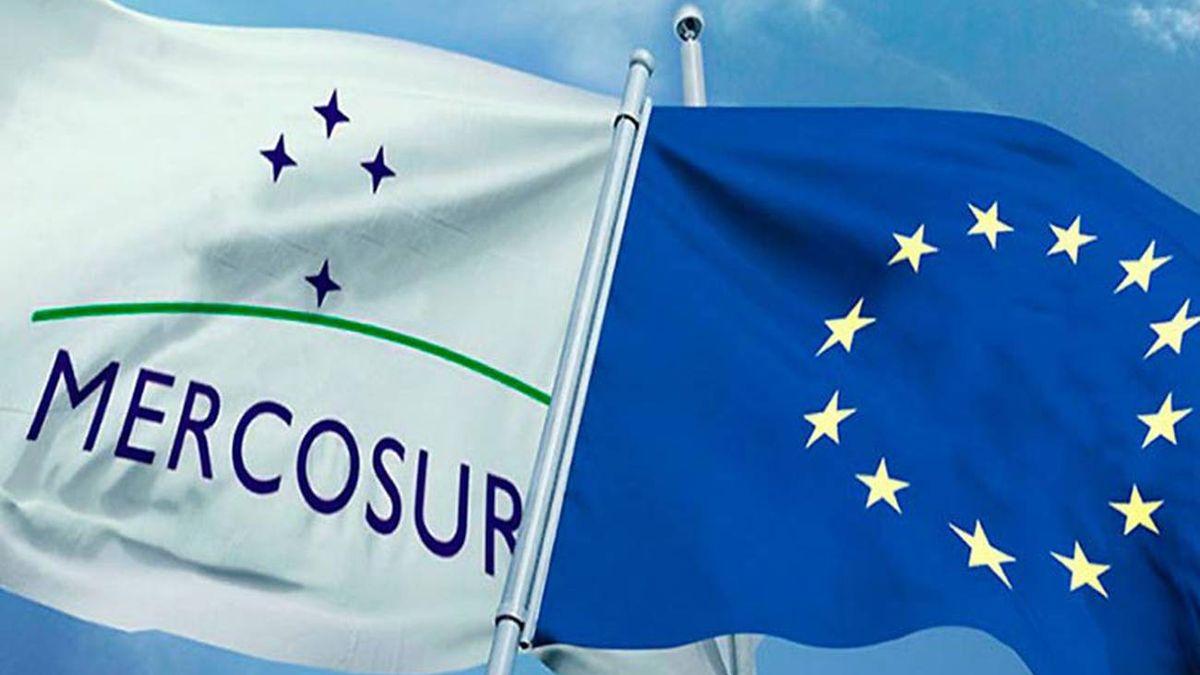The Secretary of Commerce of Spain, Xiana Méndez, assured that the position of the Mercosur regarding the agreement with the European Union (EU) is “very constructive” in terms of closing the last points of disagreement in the treaty on which several countries of the regional bloc, including Uruguay, They no longer have many expectations.
Even though in the Mercosur the prospect of being able to sign the agreement with the EU seems increasingly distant – pessimism is the dominant attitude in most of the member countries of the bloc -, on the European continent they still harbor a certain optimism about capturing the corresponding signatures at the end of the business partnership document.
“We see that there is a good attitude in general on the side of Mercosur; There is also, of course, on the side of the European Union”, Méndez indicated upon his arrival at an informal meeting of community trade ministers in Brussels.
In any case, the difficulties in the short stretch of the road that remains to be traveled—and which are the protagonists of the last four years of negotiations—remain the same: the regulation against deforestation and the consideration of Paris Agreement as conditions for South American exports included in the document annexed to the treaty closed in 2019.
For Méndez, these are “important issues that must be addressed,” as “they remain open and are being addressed.” However, he particularly highlighted the attitude of the new government of Argentina regarding the agreement, and the willingness to set aside regional claims regarding these chapters in order to end the negotiations on a positive note.
In a similar vein, the Spanish Secretary of State wished she had been able to close the last details of the agreement sooner because “the truth is that the window of opportunity is getting smaller and smaller.” But she assured that “the contacts “They continue to be very fluid, they continue to be constant, especially in this second half of January.”
“Therefore, we do also think right now with a new perspective, also from Mercosur, that the positions can be aligned to, at least, close the text of the additional document,” Méndez asserted.
Changes in Mercosur may be significant in closing the agreement
With the change of government in Argentina and the new pro tempore presidency of the Mercosur in charge of Paraguay, December brought a rearrangement of forces within the regional bloc: on the one hand, the Executive Branch headed by Javier Milei in the neighboring country assured that the signing of the agreement with the EU is of “vital importance” within the framework of its totally openingist; while, on the other, the president’s position Santiago Pena not to wait any longer for Europe, and negotiate with other potential economic partners.
This brought, in principle, two consequences: the willingness to make concessions on the part of Argentina that, during the last four years, they were non-negotiable; and the possibility that, in seeking to close 25 years of negotiations, the Mercosur —and, perhaps, the EU itself—make its conditions more flexible, giving new impetus to the talks.
The new scenario opens with the Argentine decision to withdraw claims for compensation against the environmental addendums added to the agreement through the Green Pact, As reported Argentina scope. In this sense, the Milei government would abandon the line of international policy that the country maintained during the presidency of Alberto Fernandez —in tune with the Brazil of Luiz Inácio Lula da Silva—, and would seek to close the agreement on the same terms that had been agreed during 2019.
According to sources from the Foreign Ministry of the neighboring country, the objective is to balance the agreement and accept the terms of four years ago, in order to close the first negotiation of this administration, which seeks to free the entry and exit of products without or with very low duty.
The idea would be to symbolically sign the Mercosur-EU agreement during the meeting of the World Trade Organization (WTO) which will take place in February, in Geneva.
Although since Uruguay —or other countries in the bloc—there is still no position on the Argentine decision, for the country this impulse could be good news. Mainly, because it is in line with the desire of the government led by Luis Lacalle Pou: to end as soon as possible a negotiation that has been going on for more than 25 years, while taking a step towards flexibility of Mercosur so demanded by the current management.
The truth is that the fact that Argentina leaves aside its claims regarding the environmental addendums – shared with Brazil, while both governments consider that the demands in terms of environmental care may end up becoming protectionist measures of the European bloc that harm the South American countries—does not imply that the rest of the Mercosur agree to give up on them. It could even generate tensions between partner countries.
Source: Ambito




